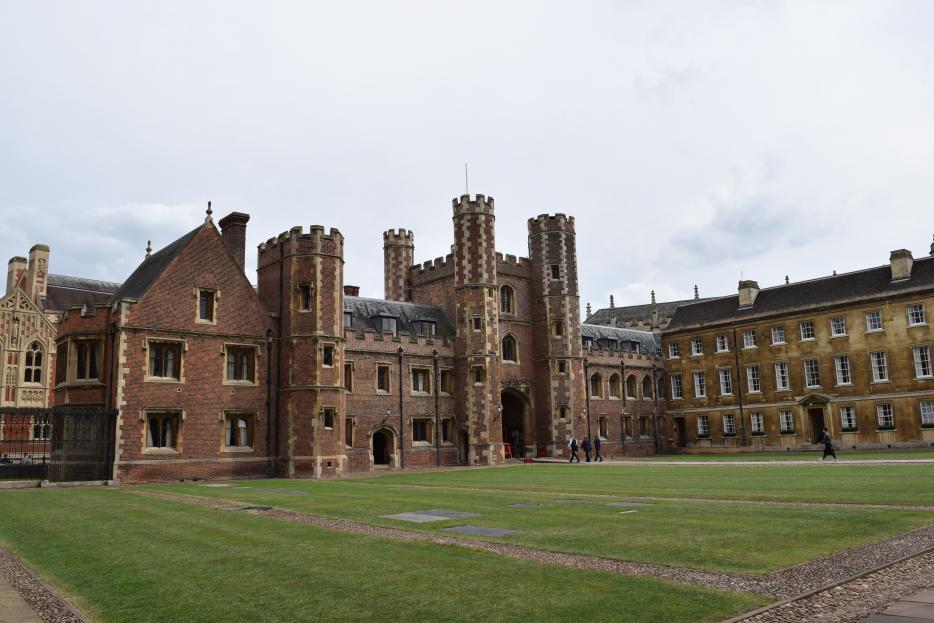
How to choose the right boarding school
Finding the right boarding school is arguably harder than finding the right day school. Not only does the education side have to be right, but you also need to know that the pastoral care is top quality, the school is friendly and safe and that staff are kind and will look after your child well. For the past decade or so, there has been a surge in demand for boarding school places. Known as the ‘Harry Potter effect’, it came off the back of the books and the films as parents scrambled to get a slice of the Hogwarts magic by applying to the top UK boarding schools for their children. By 2019, the interest had waned. Not sure this is true? Here’s what you need to know:
Boarding can be full-time (returning home for a few weekends a term), weekly (returning home every weekend) or flexi (staying at school for anything from 10 nights a year to four a week). Consider the location. If it’s weekly, how easy will it be for you to travel if you’re in London and the school is in Scotland? Equally, will you be tempted to turn up most afternoons if it’s only a few miles down the road? If it’s full boarding make sure that other pupils are not going home on a Saturday afternoon leaving your child as one of a small number of full boarders.
Create a shortlist by working out your non-negotiables. Single sex or co-educational; location; facilities important to your child; academic offer and type of boarding offered. You can then whittle down your shortlist with the help of your child. Do consider their opinion as they will be affected the most. Will a shy child fare better in a smaller, more intimate school? Will your sensitive, artistic child really thrive in an academic hothouse? Look at the admissions process and the exams. Be realistic about their chances of passing, and don’t put undue pressure on them. Practice and preparation are essential - burning the candle at both ends is not.
Register for a maximum of five to seven schools, but don’t restrict it to one, particularly if you are looking at the top UK boarding schools, as you may not win that place. Do visit each school. Open days are an excellent way of meeting key members of staff and current pupils, but they are also showpieces, so it might be wise to try and organise a private tour with the registrar. When it comes to touring around the boarding houses, see if you can picture your child living there. It’s not about beds with creaseless pillows; it’s about there being a sense of warmth and familiarity. Will there be a caring person on hand to sit with your child if they’re unhappy or unwell? Observe current pupils and see how relaxed they are around house parents, matrons and members of staff. It can tell you a lot about the atmosphere at school and whether it’s a happy place.
How are the houses organised? Some include children from every year group. This can help younger children turn to older peers for help and advice. Houses with single year groups are good for making lots of friends of the same age, although check if a school takes most of its children from a single prep. This can make it cliquey, and if your child isn’t coming from the same school, they may have more difficulty settling in. Ask staff how they encourage integration and help homesick children.
What happens on weekends? Many boarding schools have classes on Saturday morning and games in the afternoon. Are staff around? If not and if lots of parents take their children home, you may find that it’s a ghost town. A good boarding school keeps its children busy and having so much fun seven days a week that they don’t miss home.
Find a school that caters for your child’s extra-curricular activities. Sporty children will thrive in schools with grounds, an active sporting timetable and inter-school games. Equally, a child keen on drama will relish taking part in school productions. Talk to children during open days and ask what they enjoy outside of the classroom.
Choosing the right boarding school takes research and serious thought - even when choosing from the top UK boarding schools - as you’re trusting staff to act as guardians in your absence. Finding a good school means that when you do spend time with your child at weekends and holidays, you hear positive things about school (largely – no child raves about homework and exams!) and you can see how the boarding environment is shaping them for the better.

